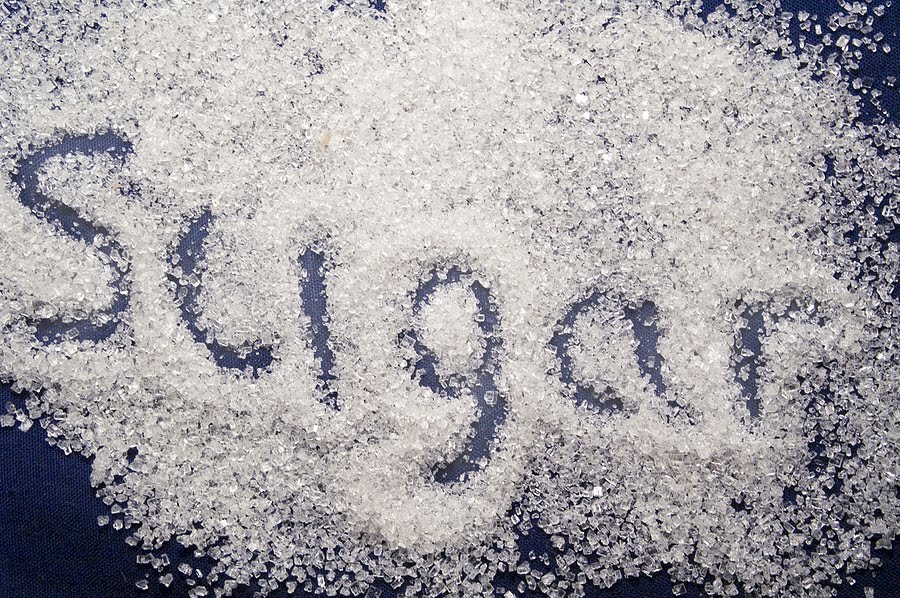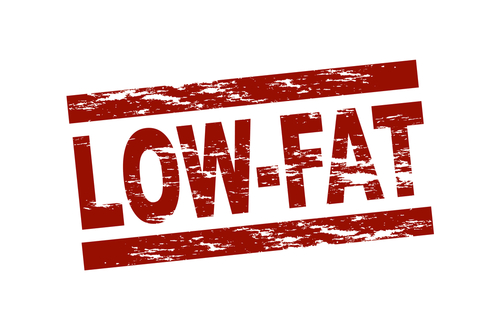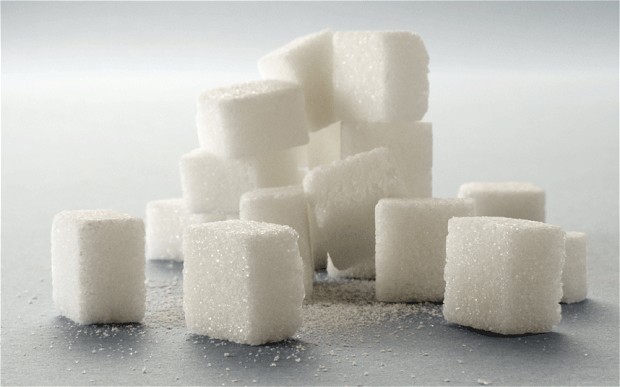John Yudkin, British physiologist and nutritionist, and the founding Professor of the Department of Nutrition at Queen Elizabeth College, London tried to spare us a lot of time and energy back in the Seventies with his prognostic work Pure, White and Deadly, 1972. The book, which was out-of-print until just a few years ago (retrofitted by childhood obesity specialist Dr Robert Lustig M.D.), exposed sugar as a menace to health far before society accepted the idea as true. His theory, instead of making him a wellness demigod, made him an outcast and cost him his job.
How?

Photo courtesy of ashleyharperevans.com
In the 60s, due to an alarming rise in heart disease levels, nutritionists in university laboratories all over America and Western Europe were hustling to figure out the reason for this increase. By 1970, there were 520 deaths per 100,000 per year in England and Wales caused by coronary heart disease and 700 per 100,000 in America. Eventually, an agreement was reached: the cause was saturated fat.
By way of this announcement, the food industry saw an opportunity: Market research proved there was a great deal of public enthusiasm for “healthy” and low-fat foods. By the beginning of the 70s, supermarket shelves were brimming with low-fat food products.
John Yudkin disagreed; he asserted that there was a much more distinct relationship between the rise in heart disease and a rise in the consumption of sugar. Rodents, chickens, rabbits, pigs and students fed sugar and carbohydrates, he said, on every occasion showed increased blood levels of triglycerides (a technical label for fat), which was then, as now, regarded as a risk factor for heart disease. Sugar also heightened insulin levels, connecting it directly with type 2 diabetes.The food industry as a whole was displeased with this premise.
Why?

Photo courtesy of strongweightloss.net
When developing their low-fat products, manufacturers needed a replacement for fat which would enrich the taste of the food. They chose sugar. The contemporary “healthy” foods were low-fat yet contained an abundance of sugar, and so Yudkin’s discovery was a threat to an entire sector of the economy.
What happened?

Photo courtesy of telegraph.co.uk
Consequently there was a collaborative campaign by the food industry and several scientists to slander Yudkin’s work. The British Sugar Bureau issued a press release dismissing Yudkin’s claims as “emotional assertions” and the World Sugar Research Organization called his book “science fiction.”
He was uninvited to international conferences and others that he organized were cancelled after pressures from sponsors like Coca-Cola. By the end of the 70s, he had been so disgraced that few scientists were courageous enough to publish anything negative about sugar for fear of being so attacked. In consequence, the low-fat industry, with its products awash with sugar, prospered.
However, in the 80s, and years later, multiple discoveries demonstrated the truth of Yudkin’s theories. Researchers learned fructose, one of the two main carbohydrates in refined sugar, is largely metabolised by the liver; while glucose (present in starchy food like bread and potatoes) is metabolised by all cells. This means immoderate consumption of fructose puts extra demands on the liver, which then turns fructose to fat.
Now, Robert Lustig, professor of pediatric endocrinology at the University of California, acclaims Yudkin’s work as prophetic: “Everything this man said in 1972 was the God’s honest truth and if you want to read a true prophecy you find this book…I’m telling you every single thing this guy said has come to pass. I’m in awe… Science took a disastrous detour in ignoring Yudkin. It was to the detriment of the health of millions.”


